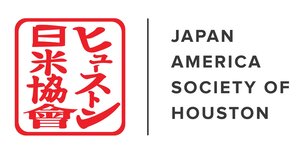Mitsuo Aida (1924-1991) is a Japanese poet and calligrapher. Influenced by Zen Buddhism, he describes his personal philosophy by utilizing his unique style of calligraphy to write phrases or short poems. He gained renown when his first collection of work, 「人間だもの」Because I am Human, was published in 1984. Having established a unique genre of art by combining calligraphy and short poems, he vigorously engaged in creating his work until his death in 1991.
One of his more famous phrases is「悩みはつきねえんだなあ、生きているんだもの」(なやみはつきねえんだなあ、いきているんたもの; nayami wa tsukineen danaa, ikiteirun da mono) which means, “Struggles are endless because that is the way humans live life.”
Mitsuo often uses colloquial male words in his poems, making his work characteristic and identifiable. The readers feel as as if they are being engaged in small talk. His casual language helps to facilitate his readers’ understanding and accepting of his philosophy. Combining his distinctive and dynamic brushwork with poetry creates a profound effect and helps send this message straight to the heart of his readers.
He uses spoken vocabulary in the phrase: つきねえ (tsukinee), which is a negative verb suffix for male slang speech of the verb つきない (tsukinai; never drains out), なあ (naa), which a casual suffix to express speakers’ feeling, and 生きているんだもの (いきているんたもの; ikiteirun da mono), which is an explanatory speech mode for a explanatory clause instead of 生きているから (いきているから; ikiteiru kara; because we live life).
As long as we live, worries will always be a part of our lives; a new problem will pop up immediately after an old one is resolved. It is important to face each problem and do our best to find a resolution. However, as we will never be free from troubles, it is important to take a step back, look at our lives, and appreciate what we have rather than focus on our challenges.
-Midori Ukita, JASH Language Coordinator

